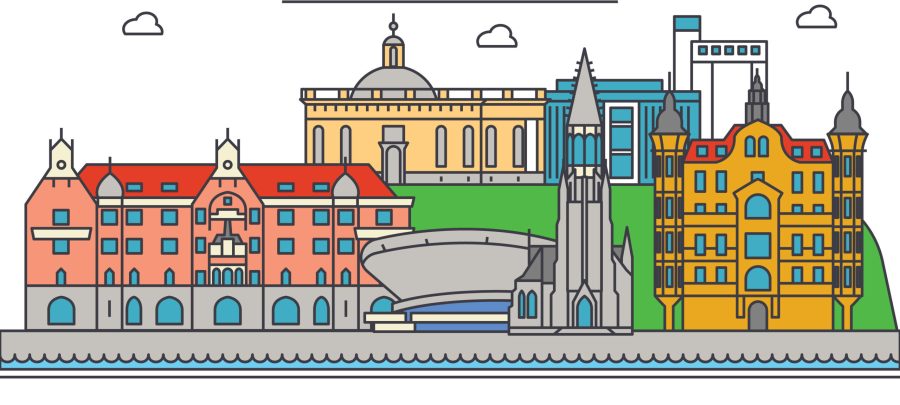IPPO Cities at the World Urban Forum: Key Takeaways

Carla Washbourne reports from the World Urban Forum in Katowice, Poland on IPPO Cities’ panel on urban observatories.
Carla Washbourne
IPPO Cities co-organised a global networking event for urban observatories at the World Urban Forum 11, in Katowice, Poland, as part of the City360 events space curated by the Urban Policy Observatory. It sought to bring together those working in and with observatories, and institutions providing observatory like functions, to get to know each other, discuss common challenges and promote the UN-Habitat Global Urban Observatories (GUO) Network as a platform for cooperation and exchange of expertise.
The first part of the session was dedicated to context setting by the Urban Policy Observatory, GUO and IPPO Cities, followed by presentations from representatives of institutions working in countries including Iran, Kenya, Nigeria, Poland, South Africa, Sweden, Ukraine, and the UK. The session explored, amongst other topics: the diverse arrangements for funding and hosting that these institutions have, from university research institutes to being embedded within decision-making bodies at the local level; the topics that they engage with from the development or implementation of national urban policies to the gathering of detailed demographic and social data; proud achievements from the success of individual projects to proving an observatories’ utility to local stakeholders and attaining political support and / or ongoing financial resourcing; and the challenges that observatories face as institutions in capacity, remit and the nature of their engagement with the decision-making processes of cities.
The second part of the event was framed around three key provocations:
- Globally comparative and reliable data on urban development – how to implement Urban Monitoring Framework (UMF) standards more widely? The panel reflected that there are so many challenges in gathering reliable data at the local level and that making this comparative, even within a country, is problematic. While the utility and positive aspiration of the UMF was recognised, the way in which frameworks and aggregators work to bridge the local to the global in SDG monitoring isn’t always viewed as a simplification, but rather as an additional task to institutions and could benefit from being further harmonised.
- The balance between normative and advisory roles for observatories Many observatories provide a range of functions and while some are established with a specific advisory capacity, many evolve into this space. Some see a distinct tension between a need for their staff to produce academic research and conduct policy work. This provocation appeared to be an especially important ongoing area for experience sharing and capacity development between observatories as so many of them tread the line between observation, knowledge translation and producing policy recommendations.
- Mutual learning, know-how exchange and support – UN Habitat GUO noted that announcements on the constitution of a new Steering Committee for GUO would soon be released. It was generally agreed that activities like this global networking event are useful in sharing global experience and identifying shared successes and challenges and it is hoped that activities like GUO will further evolve to support more ongoing networking, sharing and capacity development. Topics of interest for future work included: co-production and co-development of urban knowledge; engaging effectively with the multi-scale challenges of urban data and governance; and exploring the opportunities for supporting institutions collecting urban data in regions with active conflict and / or high political instability.
